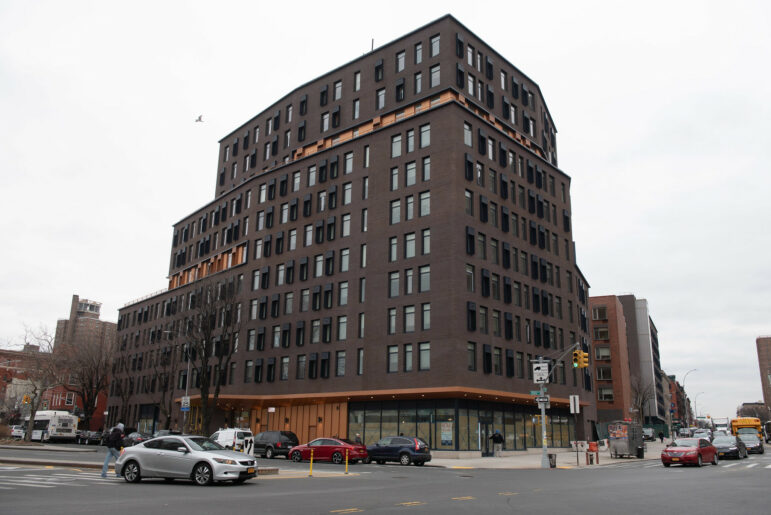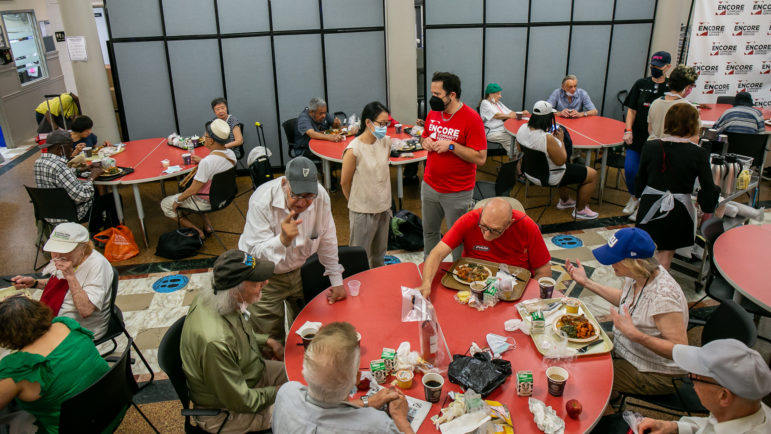On New Year’s Day, hundreds of thousands of new workers were supposed to get a raise. The state’s minimum wage was recently upped by the legislature from $5.15 an hour to $6, and to $7.15 by 2007.
But some backers of the law fear that workers won’t get the raises to which they are entitled–and will have little recourse to fight for them.
The state Department of Labor is responsible for informing employers of their obligations under the new law. At press time, it was in the process of mailing 500,000 workplace posters to employers across the state.
But a January survey by the Minimum Wage Coalition found that only 25 percent of employers and 14 percent of workers were aware of the increase.
If an employer doesn’t comply with the law, underpaid employees have four options, explains Catherine Ruckelshaus, litigation director at the National Employment Law Project. They can file a claim with the U.S. Department of Labor, the State Department of Labor or the New York State Attorney General. They can also sue privately. But in reality, she says, the options are more limited.
The Attorney General’s office doesn’t have jurisdiction to act on behalf of a single employee, unless the case will impact a larger number of workers. Even then, its resources are limited. There are 11 labor attorneys in the bureau, only half of whom deal with employment issues full-time. In 2004, they opened just 100 cases. (One victory: back wages for underpaid Central Park vendors.)
And though both the federal and the state labor departments have the authority to act on minimum wage disputes, neither is required to take action.
Since the federal minimum is unaffected by the state’s increase, there will be no new federal action in support of the legislation, says John Chavez, regional public affairs director for the U.S. Labor department.
The state DOL did not return repeated phone calls requesting the number of cases it handled last year or the number of staffers assigned to the job. One source familiar with these issues estimated there were between 90 and 100 investigators for the entire state.
“I’ve never had a [minimum wage] case come to conclusion through the [state] DOL,” says Chaumtoli Huq, a staff attorney at MFY Legal Services’ Workplace Justice Project, who has been practicing labor law in New York for seven years. She traces the problem to chronic underfunding. “If they fund it, it could be a really effective form of enforcement,” she says.
Tony Lu, an attorney with the Urban Justice Center, has had similar experiences. He says the DOL tends to choose only the most straightforward cases. One of his clients was informed that her case was closed even before she had been able to respond to the letter telling her it had been opened.
That leaves only private litigation, an option beyond the reach of most low-wage workers. There is no right to free counsel for employees with minimum-wage disputes, and only a smattering of pro-bono attorneys to take their cases.
Between 2000 and 2003, Marina Lopez, 65, was a live-in domestic care worker for a Queens family with a severely disabled son. She worked as much as 18 hours a day, six days a week, doing housework and caring for the family’s son. For the first six months, her wage was $200 per week, and then went up to $250 per week.
Lopez went to the DOL’s Long Island office to file a complaint. After two lengthy visits, she was told that an investigator would be assigned to her case. But when Lopez called the DOL to follow up, she was only able to reach an answering machine message in English. A friend called on her behalf and found out her case had already been closed.
“They were supposed to investigate my case, to find out what had happened to me, what I had to do, and in what conditions I worked,” says Lopez. Her case had been with the DOL for nearly a year.
“If it really is there to help people, then it should take matters very seriously so that we can trust them,” she says. “I never received any notification about my case.”








